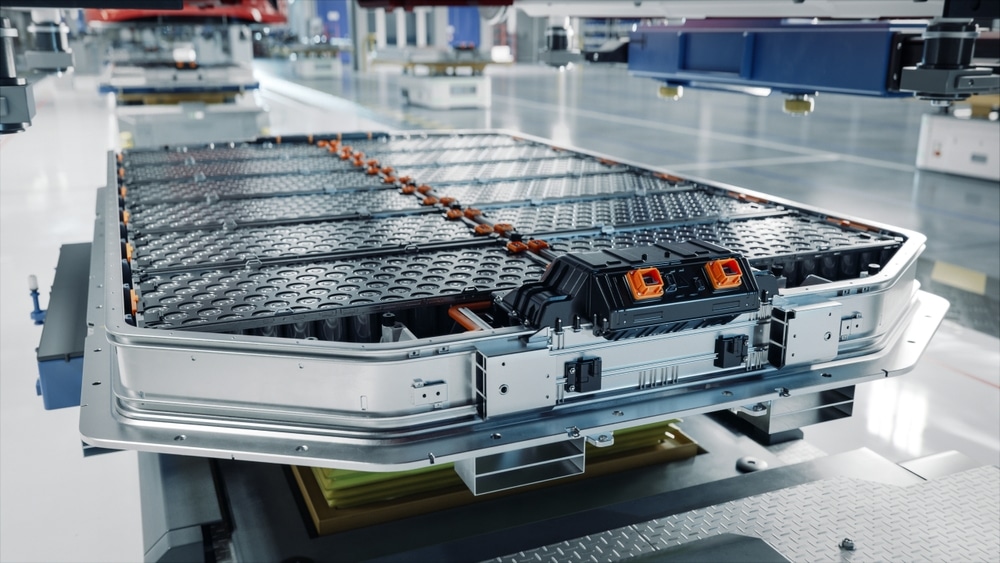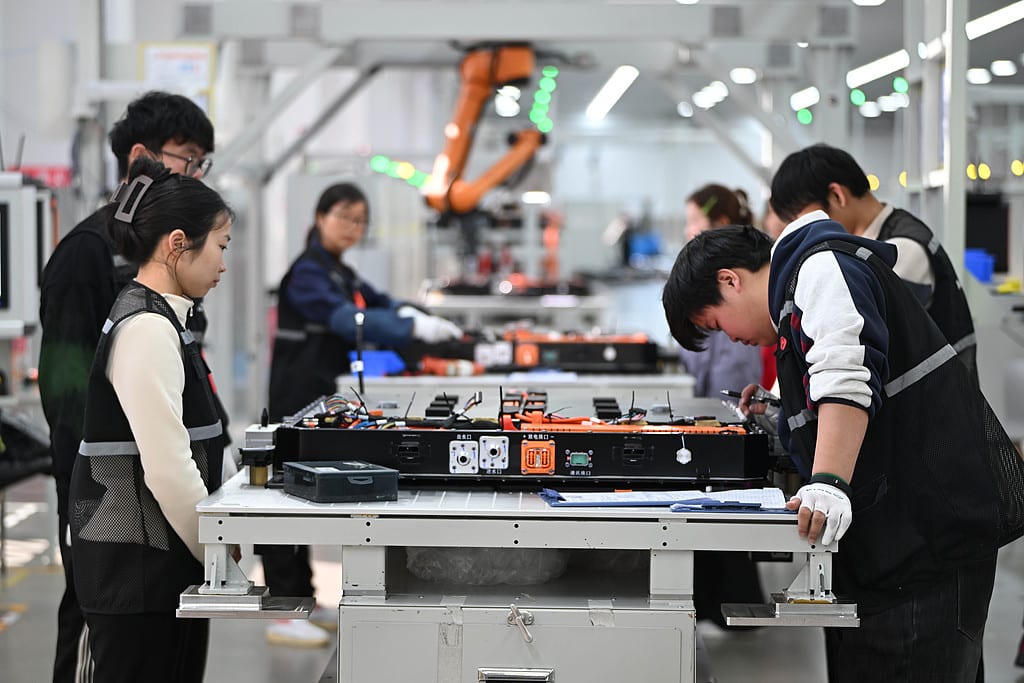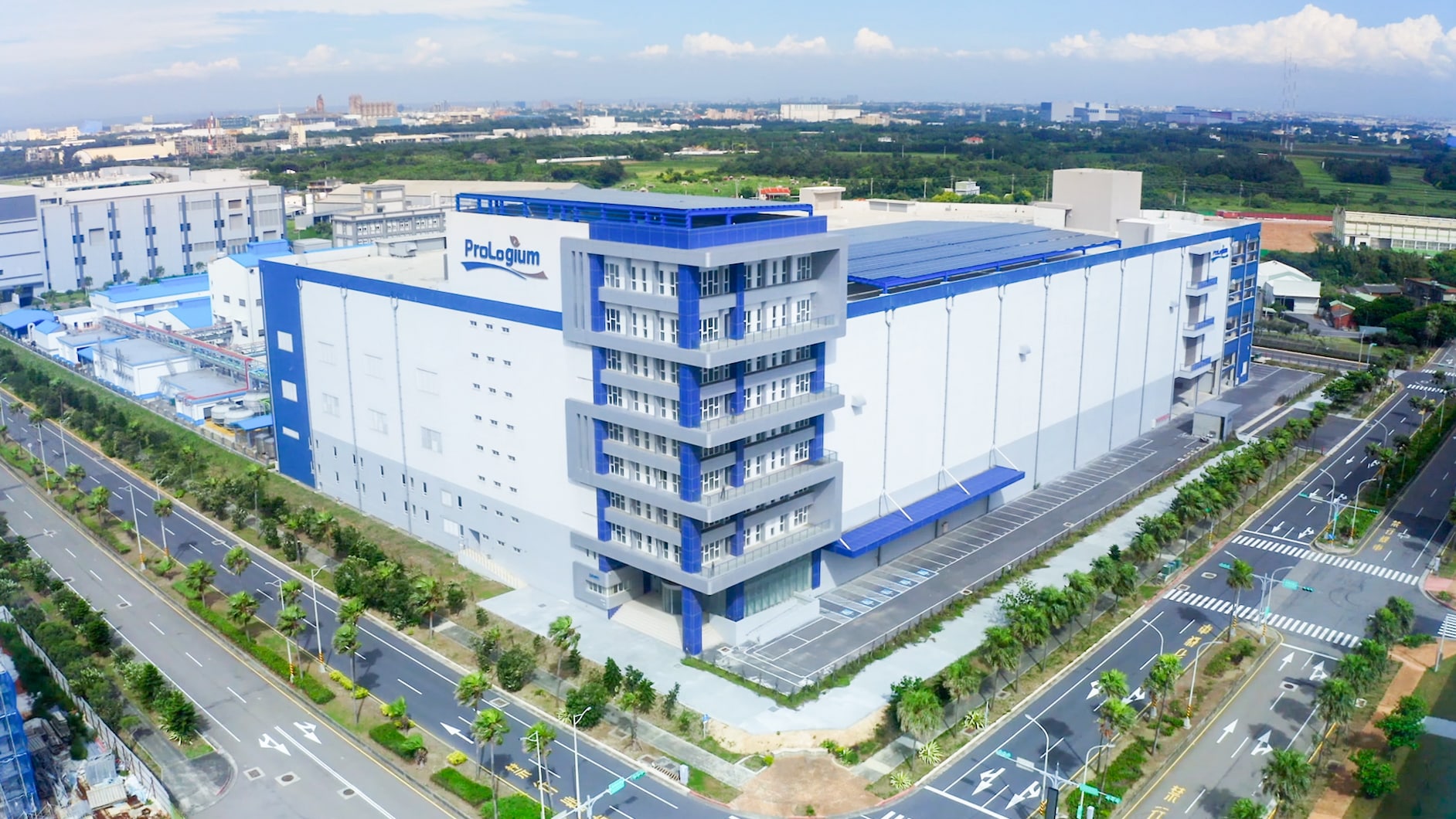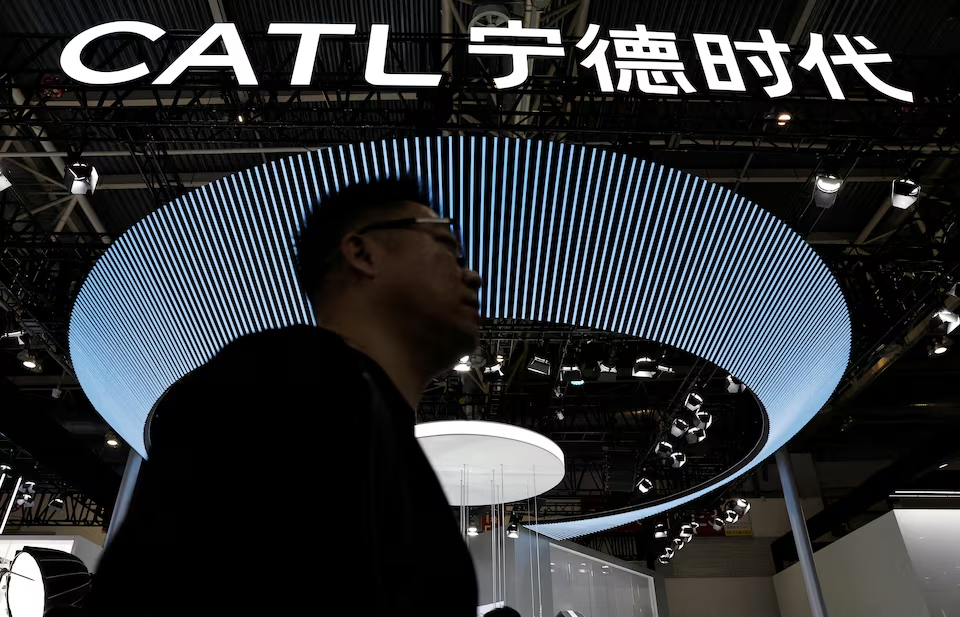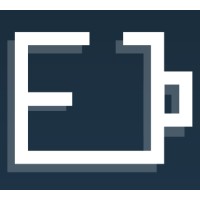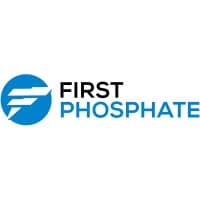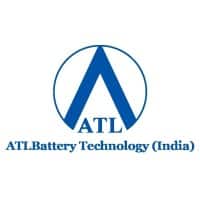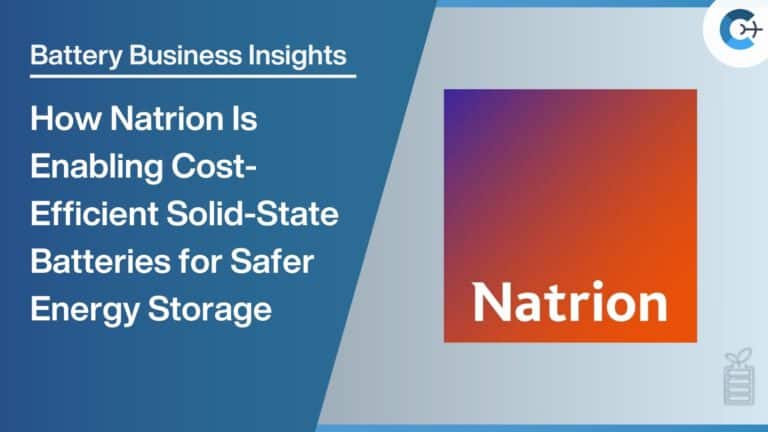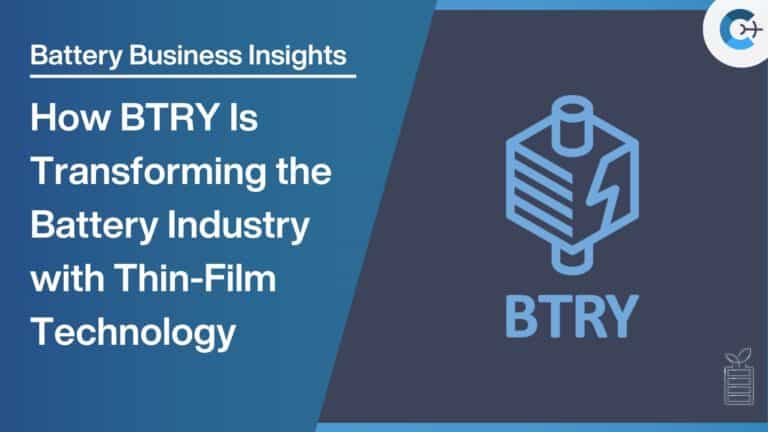Altilium, a UK-based clean technology group dedicated to supporting the transition to net zero, has successfully produced the nation’s first electric vehicle (EV) battery cells using recycled cathode active materials (CAM). This achievement took place at the UK Battery Industrialisation Centre (UKBIC) in Coventry, the UK’s national battery manufacturing scale-up facility.
The production of these pouch cells marks a significant milestone as it is the first instance of recycled materials being utilized to manufacture new battery cells in an industrial setting within the UK. This advancement represents a crucial step towards establishing a circular economy for EV batteries. Altilium employed its recycled EcoCathode™ NMC 811-2036 CAM, sourced from recycling facilities in Devon, which process end-of-life EV batteries and Gigafactory waste. By recovering these critical metals, Altilium reduces the UK’s dependence on imported raw materials and diminishes the carbon footprint associated with battery manufacturing, thereby enhancing the environmental benefits of electric vehicles.
The newly manufactured battery cells will undergo extensive validation studies in collaboration with a leading automotive original equipment manufacturer (OEM). This partnership supports the OEM’s regulatory and sustainability objectives. According to the European Union’s Battery Regulations, from 2031 onwards, new EV batteries sold in the EU must contain minimum levels of recycled lithium, nickel, and cobalt, with these requirements increasing further by 2036. Altilium’s battery cells are pioneering in the UK by complying with these forthcoming regulations.
The recycling process initiated by Altilium involves dismantling and shredding end-of-life EV batteries to produce black mass, a fine powder. This black mass is then processed through Altilium’s EcoCathode™ method, which recovers over 95% of critical battery metals, including lithium. The recovered cathode metals are upcycled into high-nickel NMC 811 CAM, ready for reuse in new battery production.
Dr Christian Marston, Altilium co-founder and COO, commented: “This milestone marks the first time full battery circularity has been achieved in the UK, from recovering critical minerals, including lithium, from end-of-life EV batteries and upcycling them into a high-performance cathode, to manufacturing a new battery for validation with a leading UK automotive OEM. Through this collaboration with UKBIC, we are moving beyond the emerging black mass recycling industry and ensuring that these critical battery materials remain in the domestic supply chain. Having access to a manufacturing facility like this allows us to scale up and develop this innovative work, which is helping to position the UK at the forefront of sustainability and decarbonisation.”
Ameir Mahgoub, UKBIC’s Head of Product Engineering, added: “We’re delighted to have been part of the team creating the UK’s first battery cells made using CAM containing recycled material. This pioneering project could be just the start of a journey that sees the UK becoming less reliant on imported materials and create a new market in recycled EV batteries. We look forward to collaborating with Altilium on this exciting project as they take it forward.”
Altilium’s partnership with UKBIC advances the commercialization of its recycling technology, facilitating supply agreements with automotive OEMs and battery manufacturers. This collaboration also de-risks investments in scaling up operations, including the planned ACT4 recycling plant in Teesside, which aims to produce 30,000 tonnes of CAM annually—sufficient to meet nearly 20% of the UK’s projected demand by 2030.
Independent analyses from Imperial College London and Minviro have highlighted the superior quality and reduced climate impact of Altilium’s recycled materials compared to mined alternatives. Research indicates that recycled materials can enhance battery performance, extend battery life, and lower costs, while lifecycle assessments reveal up to a 74% reduction in climate change impact.
Altilium is transforming the UK and European automotive supply chains by providing high-volume, low-carbon sources of cathode and anode materials derived from recycled waste streams, such as end-of-life batteries. The company’s proprietary EcoCathode™ process ensures that critical battery materials are sustainably sourced and efficiently reused in new battery production.
Source: Altilium

